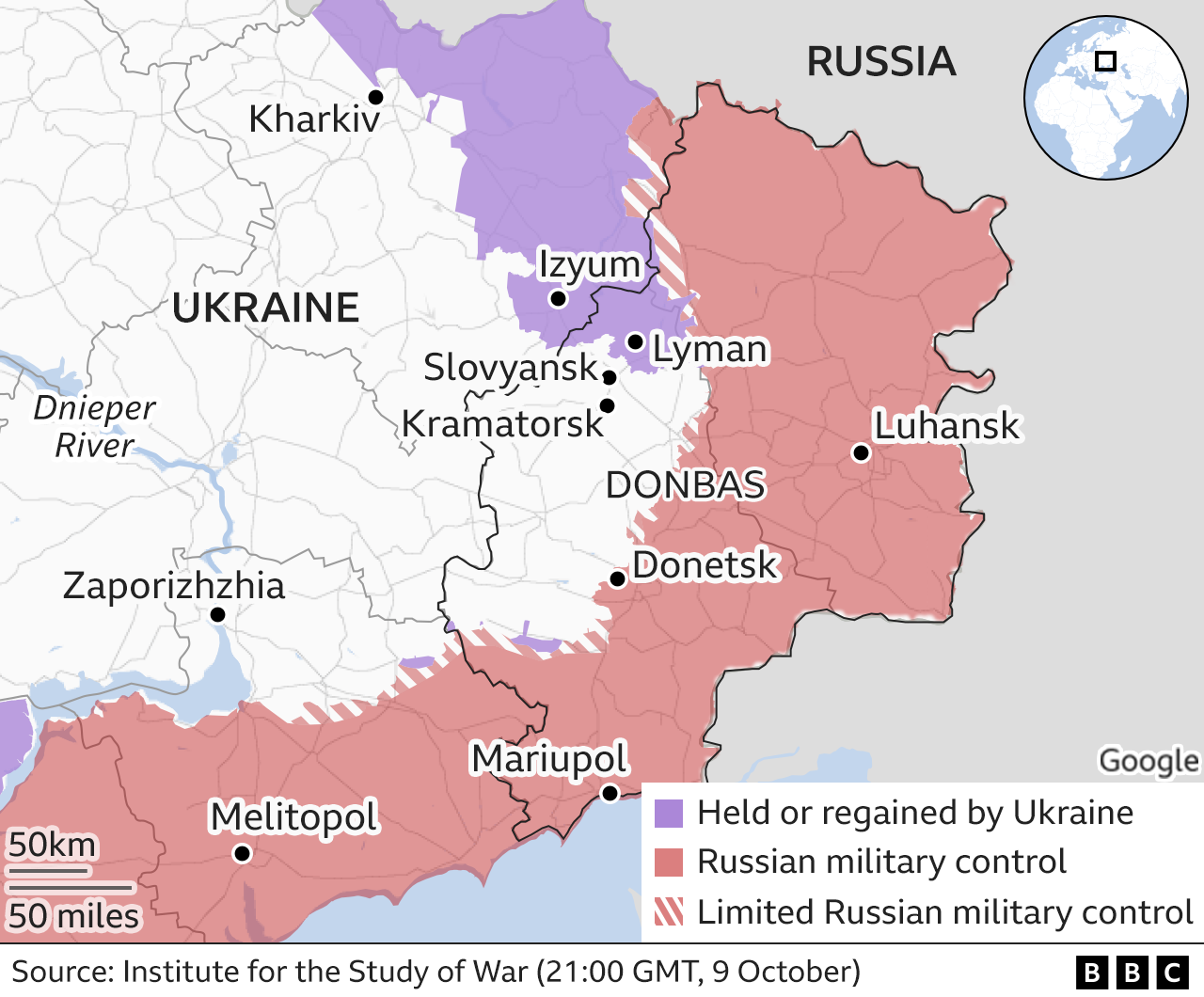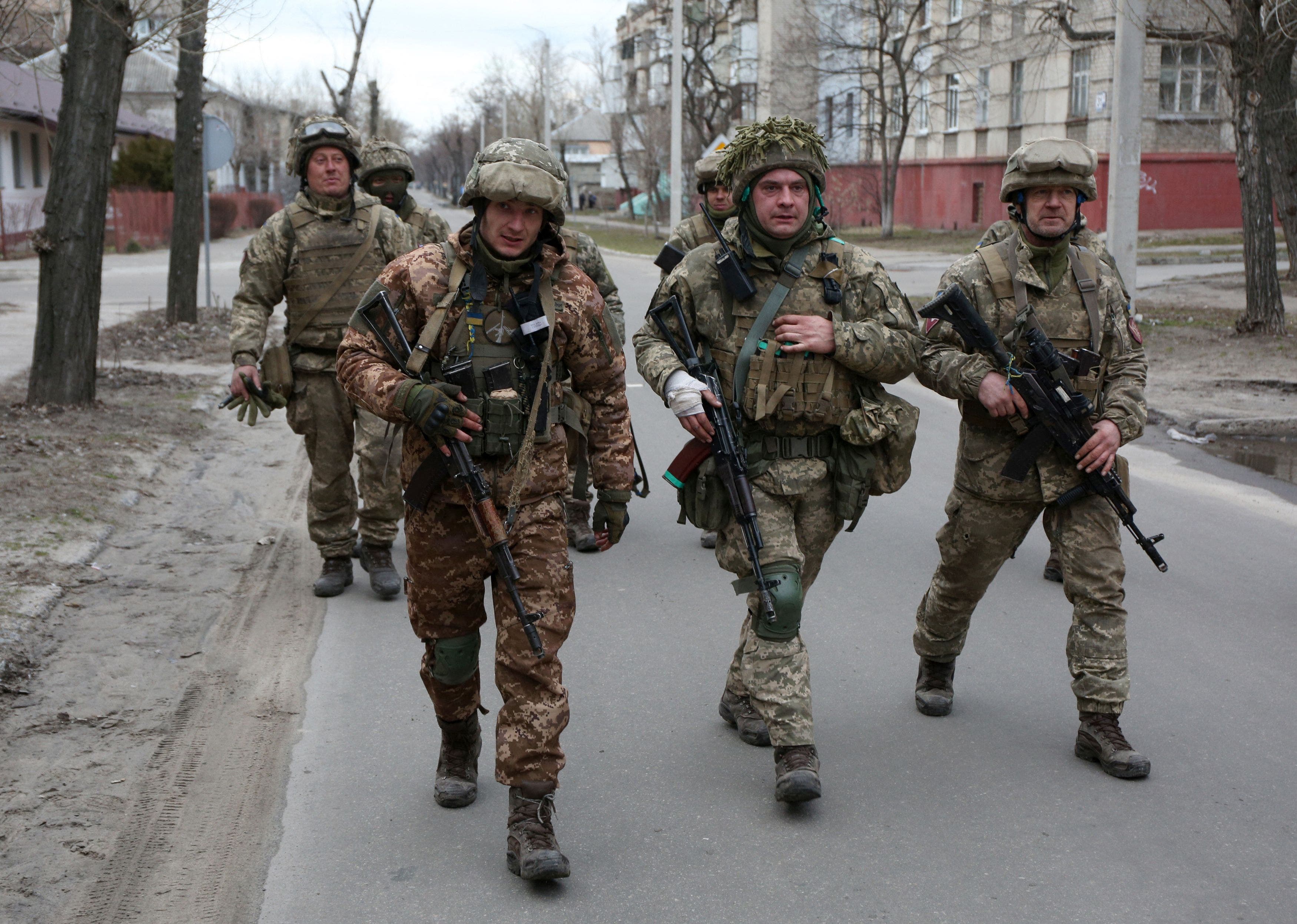Impact of the War on the Global Economy: Russia Ukraine War Russian
Russia ukraine war russian – The ongoing war between Russia and Ukraine has sent shockwaves through the global economy, triggering far-reaching consequences for all parties involved. From disruptions in trade and energy supplies to soaring inflation and supply chain issues, the economic fallout of the conflict is being felt worldwide.
The ongoing conflict between Russia and Ukraine has drawn international attention, with figures like Bill Ackman weighing in on the geopolitical implications. Ackman’s insights, stemming from his expertise in finance and global affairs, have resonated with analysts seeking to understand the wider impact of the war.
As the conflict continues to unfold, Ackman’s perspective remains a valuable contribution to the discourse surrounding the Russia-Ukraine war.
For Russia, the war has led to unprecedented sanctions imposed by the international community. These sanctions have targeted Russia’s financial system, its energy exports, and its access to critical technologies. As a result, Russia’s economy has been plunged into a deep recession, with the ruble’s value plummeting and inflation skyrocketing.
Ukraine, the country directly affected by the war, has suffered severe economic damage. The conflict has disrupted its agricultural sector, a key source of exports, and destroyed critical infrastructure, including factories, businesses, and homes. The war has also led to a mass displacement of people, exacerbating the humanitarian crisis and putting a strain on the country’s economy.
The war has also had a significant impact on the global economy. The conflict has disrupted supply chains, leading to shortages of key commodities and raw materials. The war has also contributed to rising energy prices, as Russia is a major exporter of oil and gas. These disruptions have put pressure on businesses and consumers worldwide, contributing to inflation and slowing economic growth.
The long-term economic ramifications of the war are still unfolding. However, it is clear that the conflict will have a lasting impact on the global economy. The sanctions on Russia are likely to remain in place for the foreseeable future, and the rebuilding of Ukraine will require significant investment and international cooperation.
Trade Disruptions
The war has caused significant disruptions to global trade. Russia is a major exporter of oil, gas, wheat, and other commodities. The sanctions imposed on Russia have disrupted the flow of these goods, leading to shortages and price increases.
Amidst the ongoing conflict in Ukraine, where Russian aggression has caused widespread devastation, it is important to remember the global implications of this crisis. Glenn Youngkin’s recent visit to Israel underscores the need for international solidarity and cooperation in addressing global challenges.
While the war in Ukraine continues to dominate headlines, it is crucial that we also pay attention to other pressing issues that impact the stability and security of our world.
- Russia is the world’s second-largest oil exporter and the largest exporter of natural gas. The sanctions have made it difficult for Russia to sell its energy exports, leading to a sharp decline in its oil and gas revenues.
- Russia is also a major exporter of wheat. The war has disrupted Ukraine’s agricultural sector, a key supplier of wheat to the global market. This has led to a spike in wheat prices and concerns about food security in some countries.
- The war has also disrupted trade between Russia and Ukraine. Ukraine is a major importer of Russian gas and oil, and Russia is a major importer of Ukrainian agricultural products. The conflict has severed these trade ties, further exacerbating the economic damage to both countries.
Energy Price Fluctuations
The war has caused significant fluctuations in energy prices. Russia is a major exporter of oil and gas, and the sanctions imposed on Russia have disrupted the flow of these commodities. This has led to a sharp increase in energy prices, particularly in Europe, which is heavily dependent on Russian energy.
- The price of Brent crude oil, a global benchmark, has risen by more than 50% since the start of the war. This has put pressure on businesses and consumers worldwide, contributing to inflation and slowing economic growth.
- The price of natural gas has also risen sharply. In Europe, the price of natural gas has more than doubled since the start of the war. This has led to concerns about energy security and has put pressure on governments to find alternative sources of energy.
Supply Chain Issues
The war has also caused significant disruptions to global supply chains. Russia and Ukraine are major exporters of a variety of commodities and raw materials, including metals, chemicals, and fertilizers. The war has disrupted the flow of these goods, leading to shortages and price increases.
- Russia is a major exporter of aluminum, nickel, and palladium. The sanctions imposed on Russia have made it difficult for Russia to sell these metals, leading to shortages and price increases.
- Ukraine is a major exporter of wheat, corn, and sunflower oil. The war has disrupted Ukraine’s agricultural sector, a key supplier of these commodities to the global market. This has led to shortages and price increases for these products.
- The war has also disrupted the flow of goods between Russia and Ukraine. Ukraine is a major transit route for goods between Russia and the rest of Europe. The conflict has severed these trade ties, further exacerbating the supply chain disruptions.
Humanitarian Crisis and Human Rights Violations

The Russian invasion of Ukraine has created a profound humanitarian crisis, with millions of people displaced, facing food shortages, and experiencing medical emergencies. The conflict has also led to numerous human rights violations, including civilian casualties, torture, and war crimes committed by both sides.
Displacement and Food Shortages
The war has forced millions of Ukrainians to flee their homes, creating a massive displacement crisis. As of April 2023, over 10 million people have been internally displaced within Ukraine, while more than 3 million have sought refuge in neighboring countries. The influx of refugees has strained resources in neighboring countries, particularly Poland, Romania, and Hungary.
Food shortages have also become a major concern. The conflict has disrupted agricultural production and supply chains, leading to shortages of essential food items. The World Food Program (WFP) has warned that millions of people in Ukraine are at risk of starvation.
Medical Emergencies
The war has caused widespread damage to healthcare facilities and infrastructure, making it difficult for people to access essential medical care. Hospitals have been bombed, and medical supplies are running low. The conflict has also led to a surge in injuries and trauma cases, overwhelming the healthcare system.
Civilian Casualties
The conflict has resulted in numerous civilian casualties. According to the UN High Commissioner for Human Rights (OHCHR), over 8,000 civilians have been killed since the start of the war. Many of these casualties have been caused by indiscriminate shelling and airstrikes on civilian areas.
Torture and War Crimes
Both sides have been accused of committing torture and war crimes. The OHCHR has documented cases of torture, summary executions, and sexual violence committed by Russian forces. Ukrainian forces have also been accused of committing war crimes, including the use of indiscriminate weapons in civilian areas.
International Response
The international community has responded to the humanitarian crisis and human rights violations in Ukraine with a range of measures. The UN has provided humanitarian assistance to millions of people, and the International Criminal Court (ICC) has launched an investigation into possible war crimes. Many countries have also imposed sanctions on Russia in an effort to pressure it to end the war.
Geopolitical Implications and Diplomatic Efforts

The Russia-Ukraine war has significant geopolitical implications, including shifting alliances, the role of NATO, and the potential for escalation. The conflict has deepened divisions within Europe and challenged the post-Cold War security architecture.
Shifting Alliances
The war has led to a realignment of alliances, with countries reassessing their relationships with Russia and Ukraine. Finland and Sweden have applied to join NATO, while Germany has increased its defense spending and pledged to reduce its dependence on Russian energy.
Role of NATO
NATO has played a crucial role in supporting Ukraine and deterring Russian aggression. The alliance has provided military assistance, imposed sanctions on Russia, and reinforced its presence in Eastern Europe. However, the war has also raised questions about NATO’s future role and the possibility of direct military involvement.
Potential for Escalation
The war carries the risk of escalation, both regionally and globally. Russia’s use of nuclear weapons, while unlikely, cannot be ruled out. The conflict could also spread to other parts of Europe, particularly if NATO countries become directly involved.
Diplomatic Efforts
Diplomatic efforts to resolve the conflict have been ongoing, including negotiations, mediation, and sanctions. However, these efforts have faced challenges, including Russia’s unwillingness to withdraw from Ukraine and the difficulty of finding a mutually acceptable solution.
Challenges and Prospects, Russia ukraine war russian
The prospects for a peaceful resolution to the war are uncertain. Key challenges include the deep mistrust between Russia and Ukraine, the lack of consensus on a ceasefire or peace agreement, and the ongoing human suffering and destruction. Despite these challenges, diplomatic efforts must continue to seek a negotiated end to the conflict.
